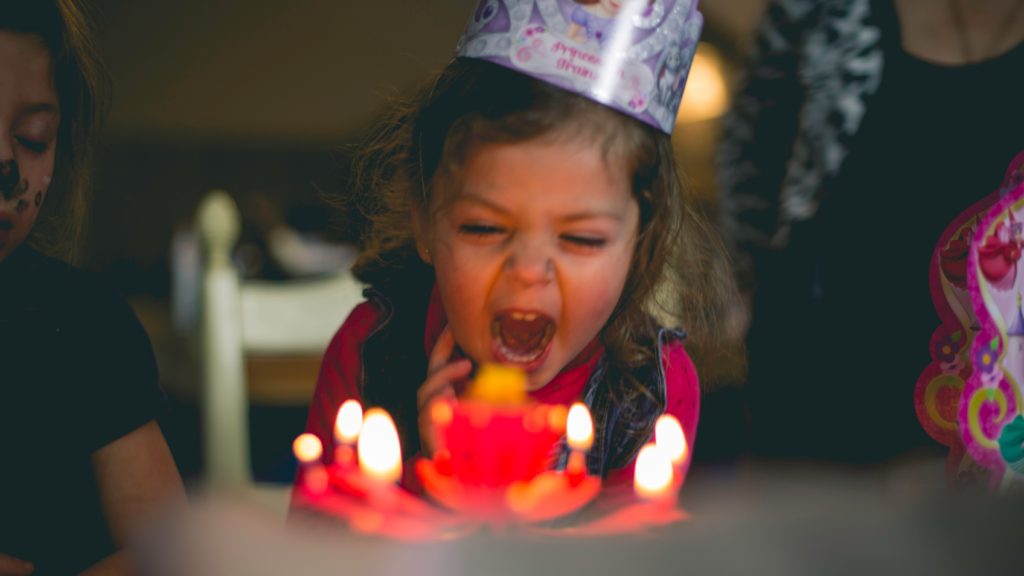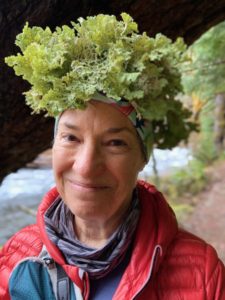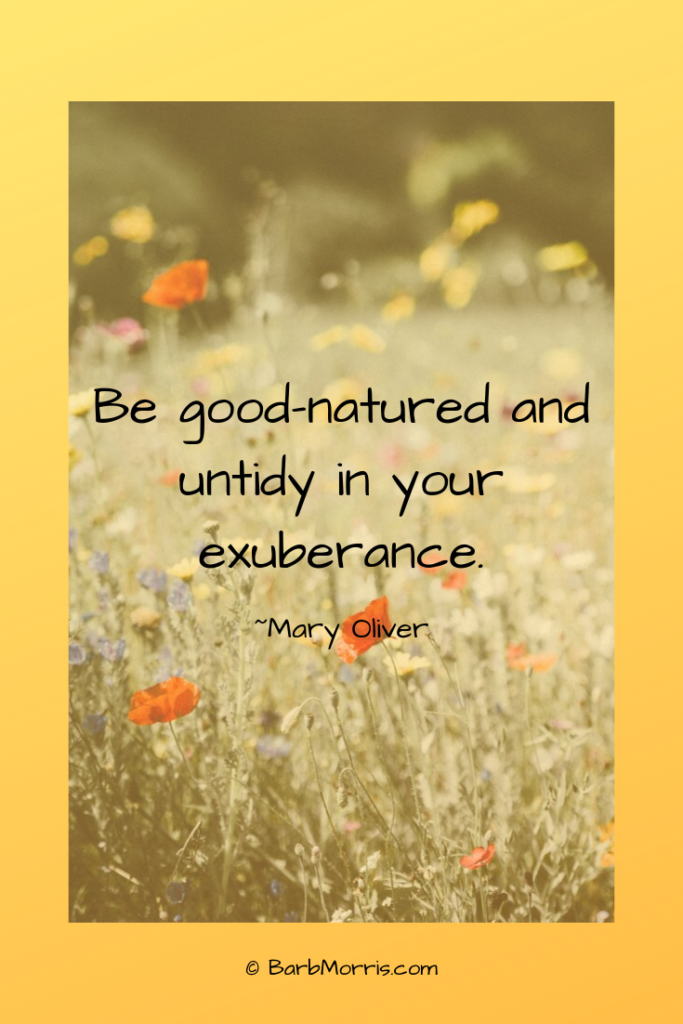If you want to heal, you must live more from your soul and less from your façade. This is the first of four healing shifts I teach to my coaching clients.
I came face to face with this reality again on our recent Grand Canyon pilgrimage. I saw again, more deeply than before, how my insatiable search for safety after my dad died was driven by my social self. My façade. The part of me that desperately wanted to feel secure, and thought that following the rules and keeping everyone around me happy was the way to do that.
Our façade has many names. Martha Beck calls this part of us, constructed in response to social expectations that begin virtually at birth, our “social self.” Franciscan and prolific author Richard Rohr calls it our “false self.” Jungian James Hollis calls it our “psyche.” Buddhist teacher and psychologist Tara Brach calls it our “spacesuit self.” It’s the part of us that speaks in “should” and “have to.” The part that strives to be nice at all costs.
Our facades will never know peace. Only our souls know peace.
We all have facades. Our facades are necessary. Our social selves keep society’s gears running smoothly. Our social selves help us navigate four-way stops and dentist appointments. Our façade, our social self, the part that looks outside ourselves for direction and approval, has its place.
Maintaining our façade, our social self, requires energy. Façades, because they’re constructed and flimsy like false store fronts in old Western movies, take work to keep up. This is why many of my clients run out of steam in their middle decades. They’ve been working so hard to be who everyone outside themselves expects them to be, that they hit a wall.
The first half of life is often about running around accumulating identities – credentials, careers, achievements. The second half of life is often when we shed this surface stuff, because maintaining it takes energy we just don’t want to expend anymore.
This feeling of running out of steam, of hitting a wall, is commonly known as a “midlife crisis.” It’s when women wake up, look around at the life they’ve created with their choices, and decide to recommit to themselves and their priorities.
What’s the alternative to living from your façade?
Living from your soul. Your soul is sturdy, rooted, and peaceful. Your soul is who you came into this life as. The same teachers listed above also have many names for the soul: “True self.” “Essential self.” “Authentic self.” Your soul says “I want to” and “I yearn for.” Your soul craves real, kind, and good, not nice.
Parker Palmer calls our soul the “taproot,” the part of us that connects us to what James Hollis calls the Divine Energy. Since my Camino vision of God as a deep Wombish Heart, I imagine my soul as an umbilical cord connecting me to that Divine Energy, my source and nourishment.
Your metaphor for your soul will be personal to you. You may have many metaphors for your soul. I hope you do, because something this foundational is too important to contain with only one label.
How do you know if you’re living from your façade or living from your soul?
They feel different in your body.
When we’re situated in and identified with our social selves, we won’t feel peaceful. When our social selves are driving the bus, we feel graspy. Anxious. Unrooted and ungrounded. And fearful.
Remember a time in your life when you experienced deep peace. What sensations did you feel in your body? That’s your soul’s signature. Hold onto that knowing.
So what? Why does this matter?
Learning to discern whether you’re living from soul or façade is foundational to healing. When you choose to redirect your precious energy and attention away from maintaining your façade, when you focus instead on relearning the contours of your soul and regaining trust in yourself, you will, inevitably, recommit to your life and your priorities.
When you recommit to your life and your priorities, you bring your authentic, whole, messy self with all her strength, knowledge, and compassion to our shared world.
We don’t need you to be nice. We need you to be who you are, fully and honestly. We need you to bring your gifts to this wild party!
(For a light-hearted cinematic take on this shift, check out “Legally Blonde,” now streaming on Netflix.)
Want to explore this shift more deeply? Contact me to schedule a free, no-strings-attached conversation about coaching together. I’d love to connect!
For my latest news about coaching, workshops, and pop-up opportunities, subscribe to my newsletter here. While this blog is great, my newsletter is where I go a little deeper into what I’m up to in my coaching practice, and how we can hang out together.
(Photo by Jorge Ibanez on Unsplash)




